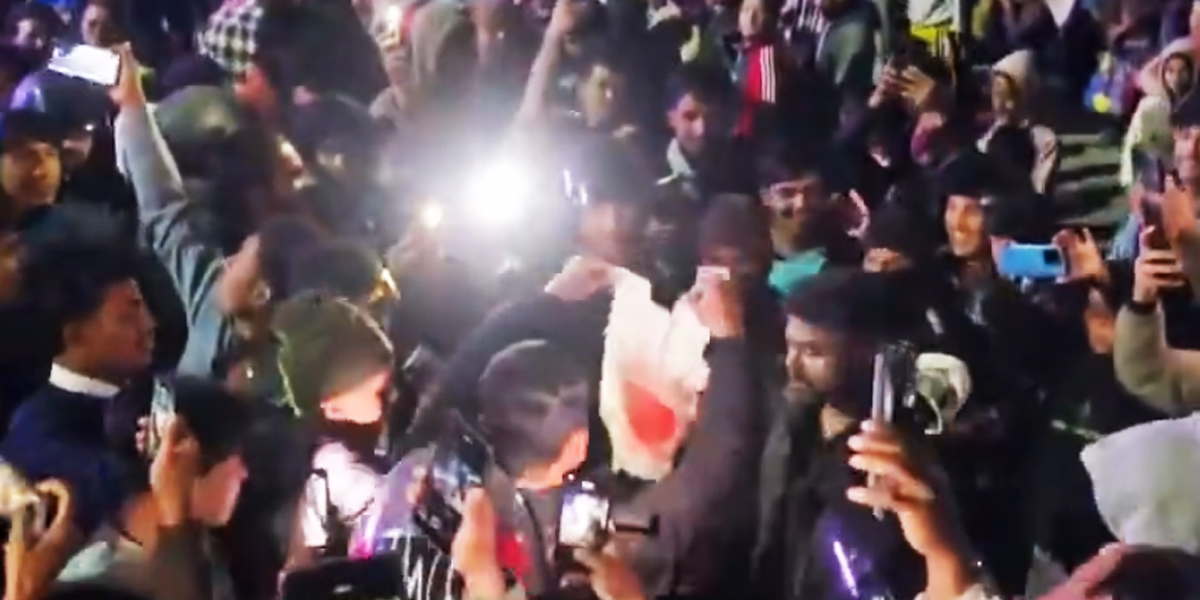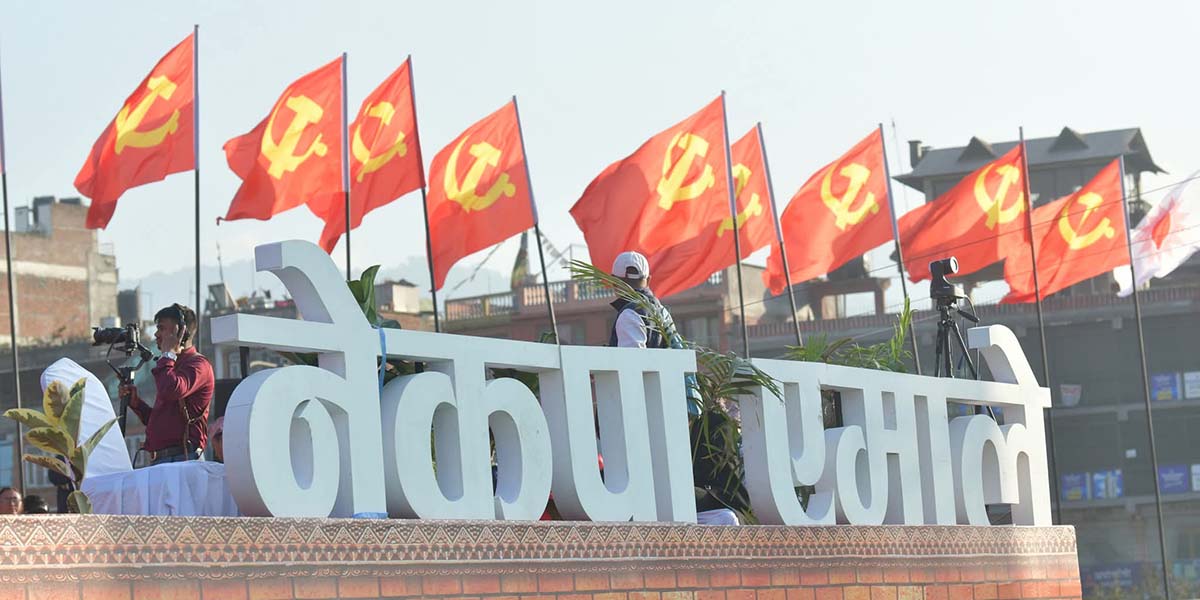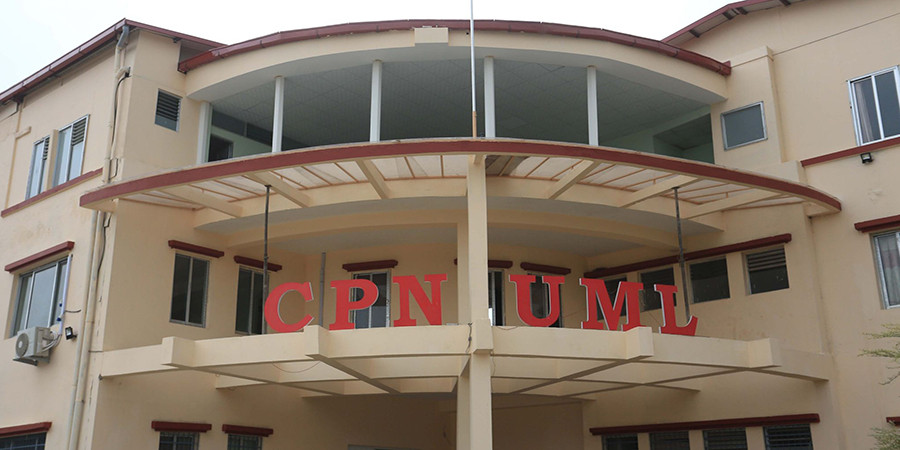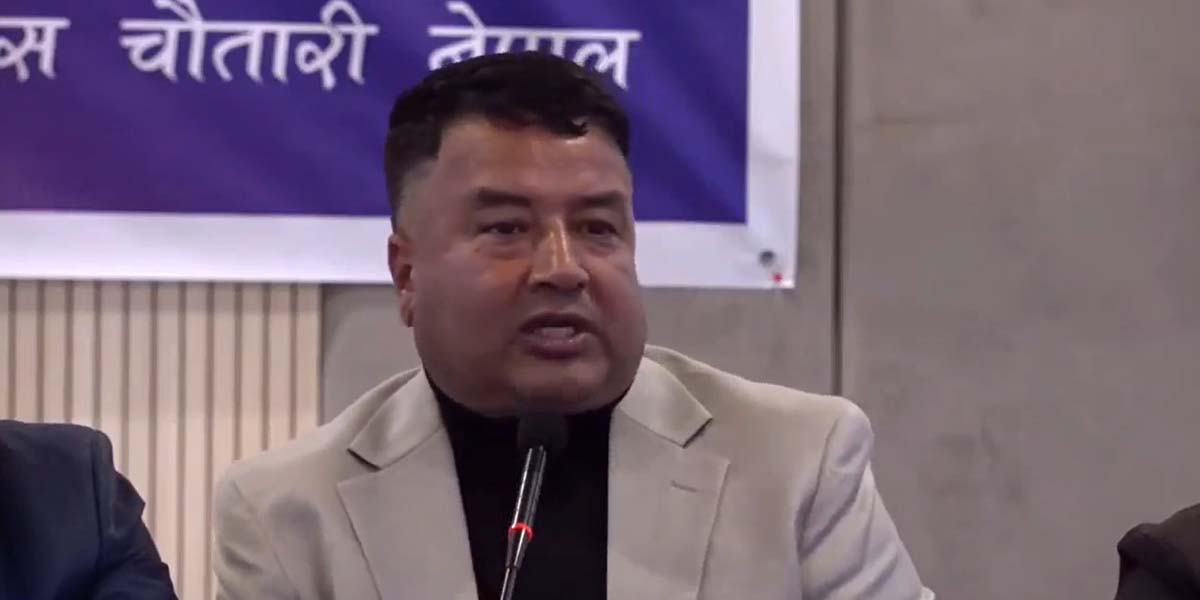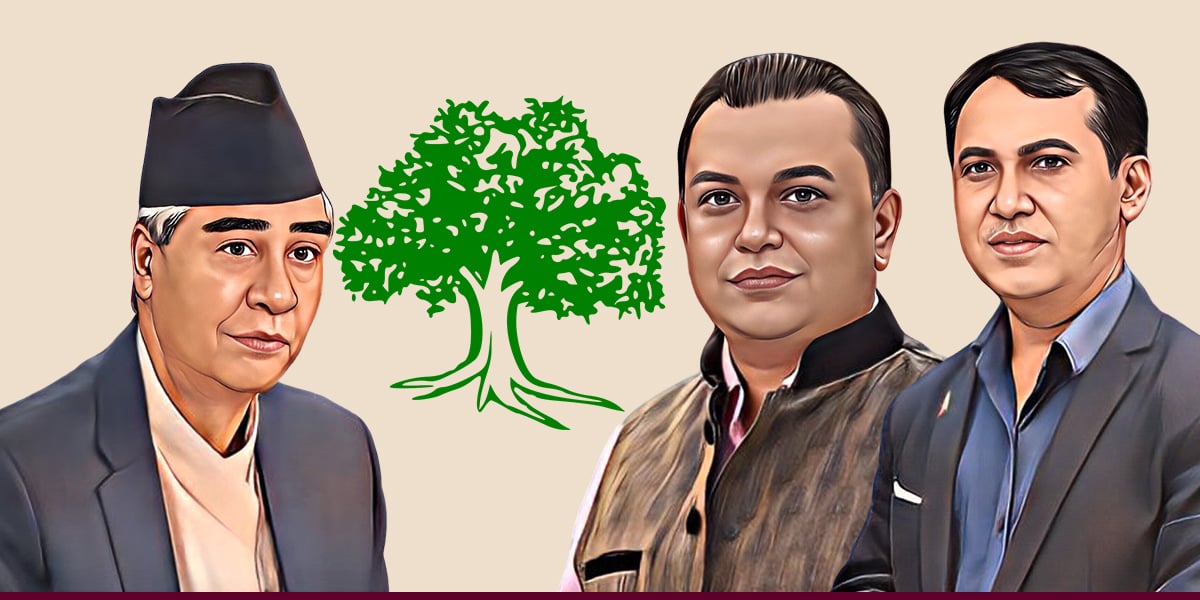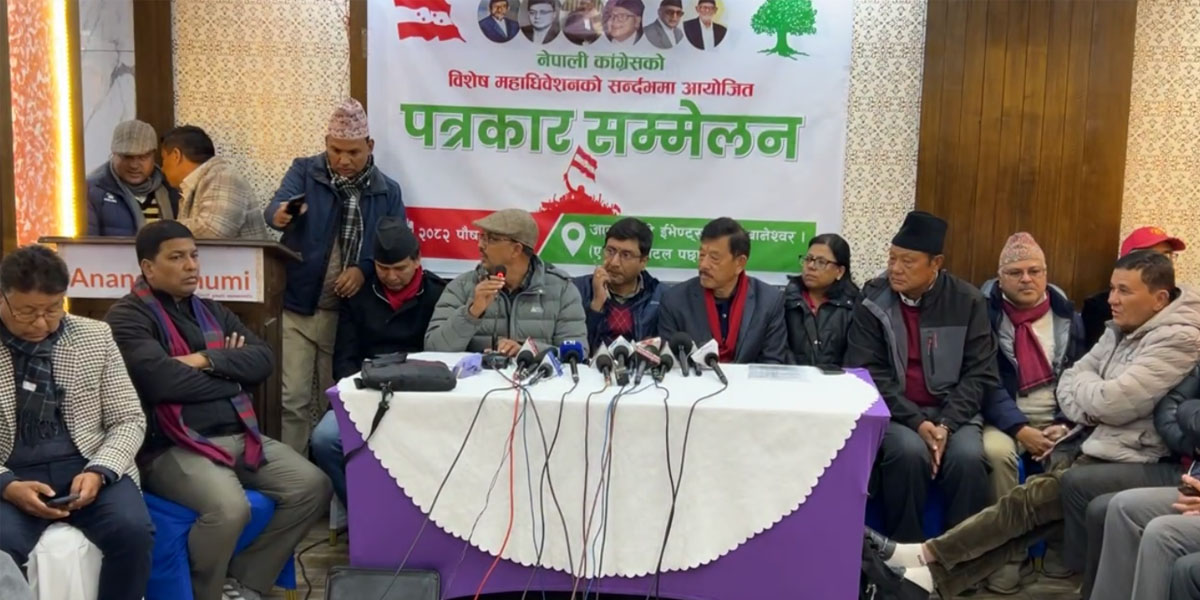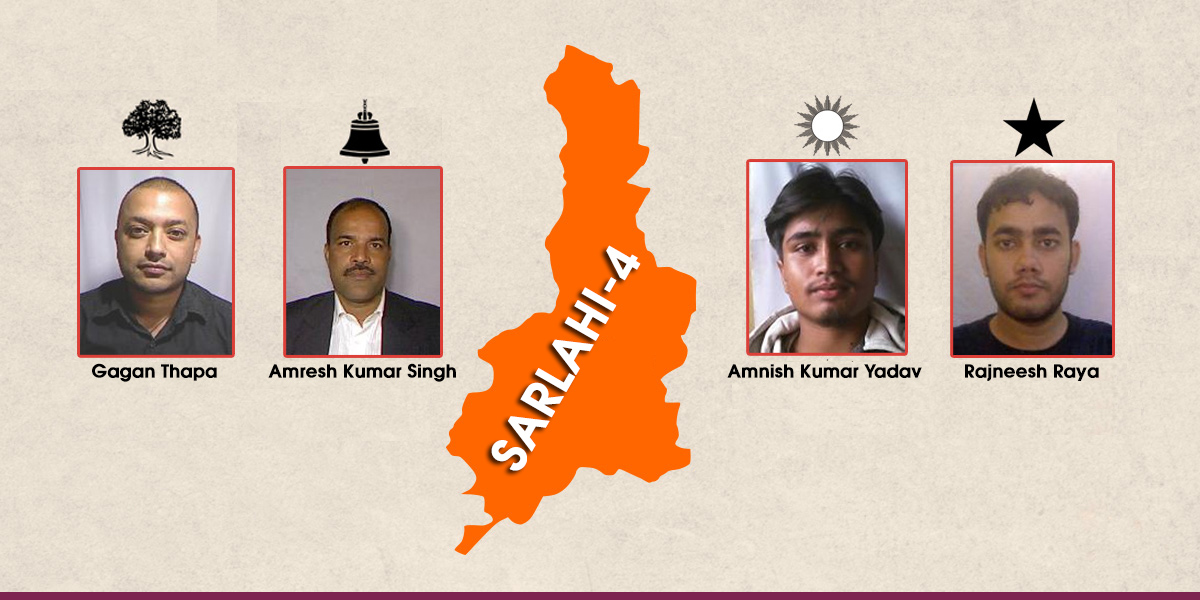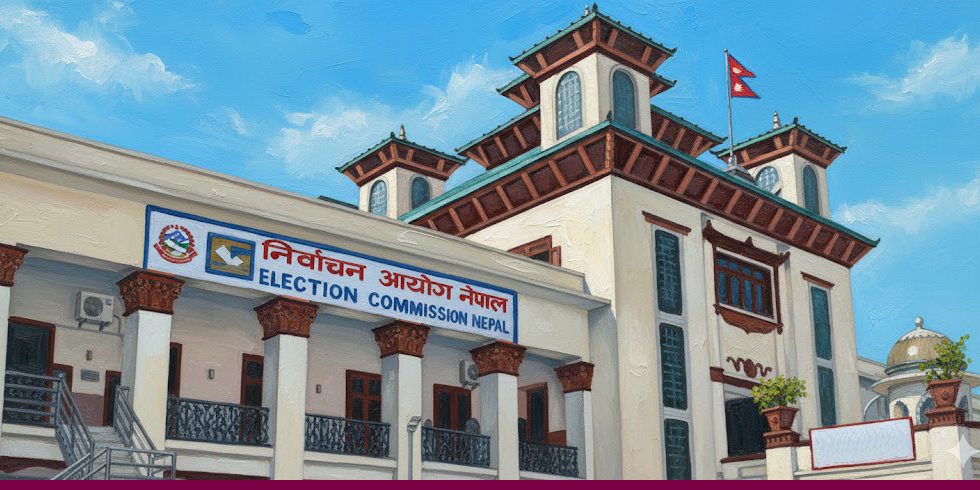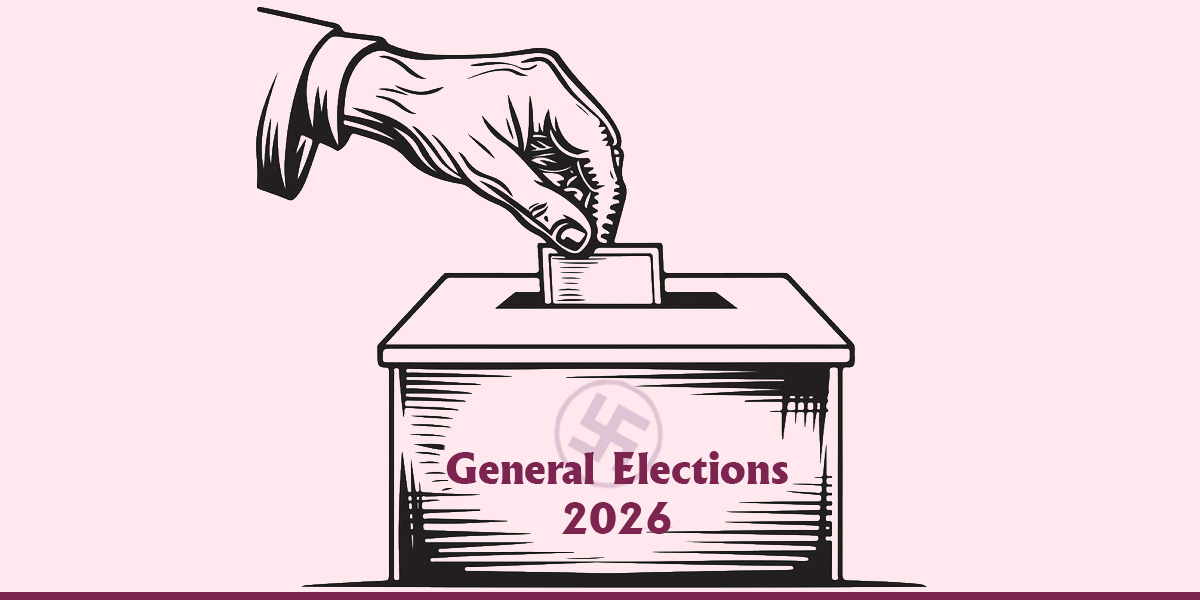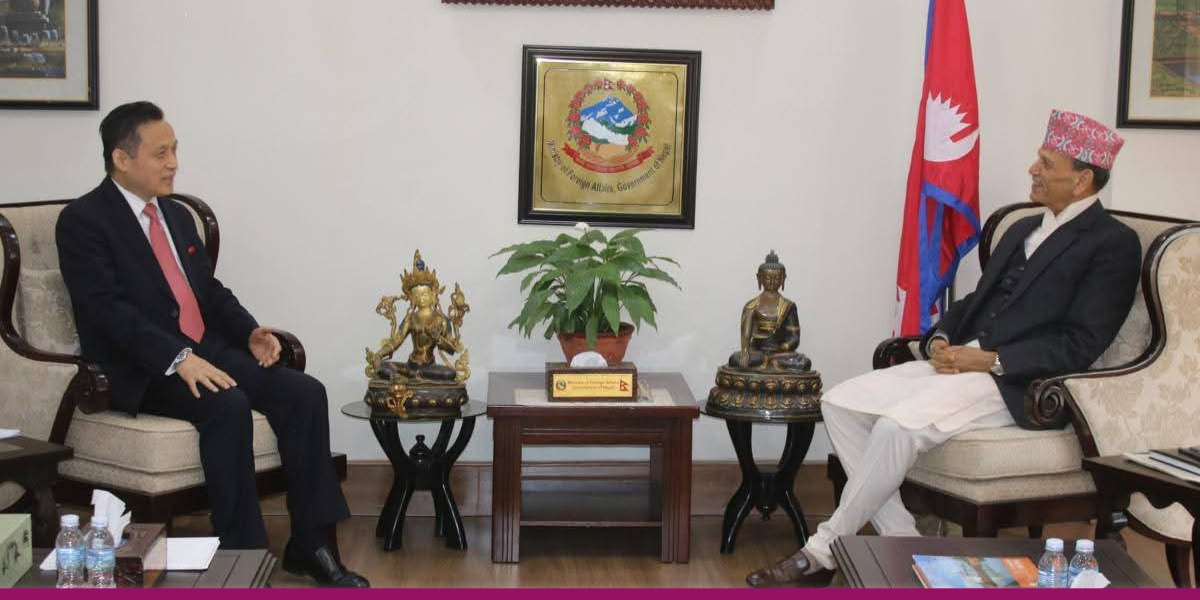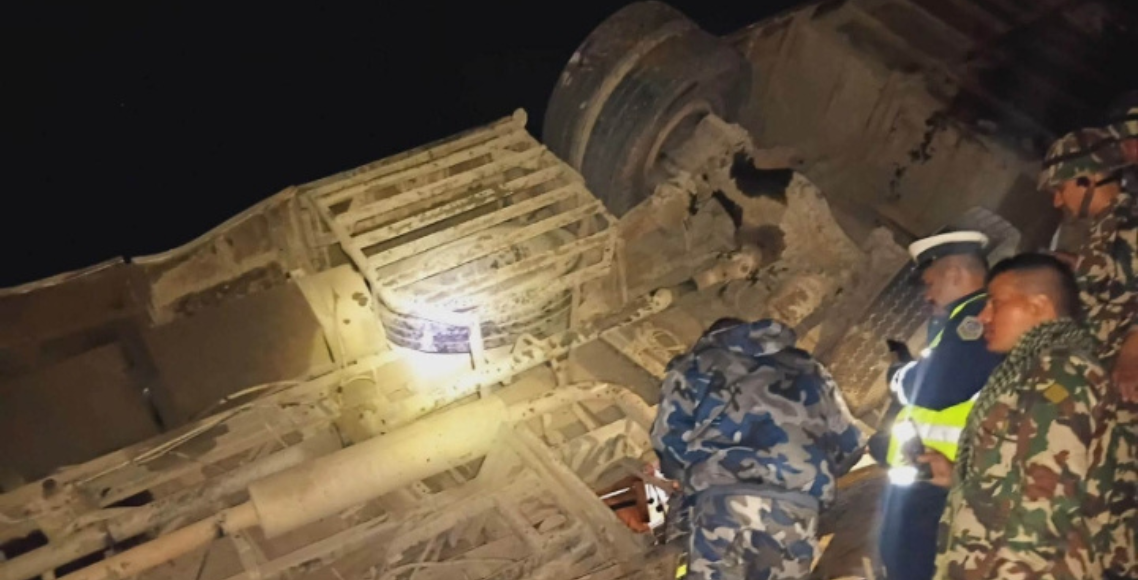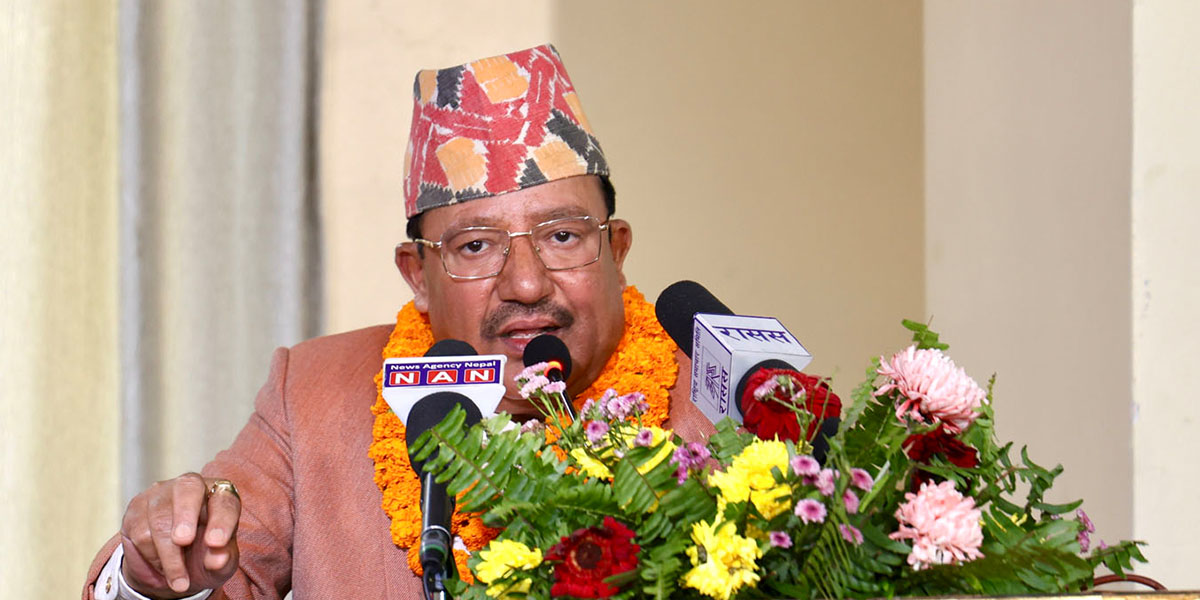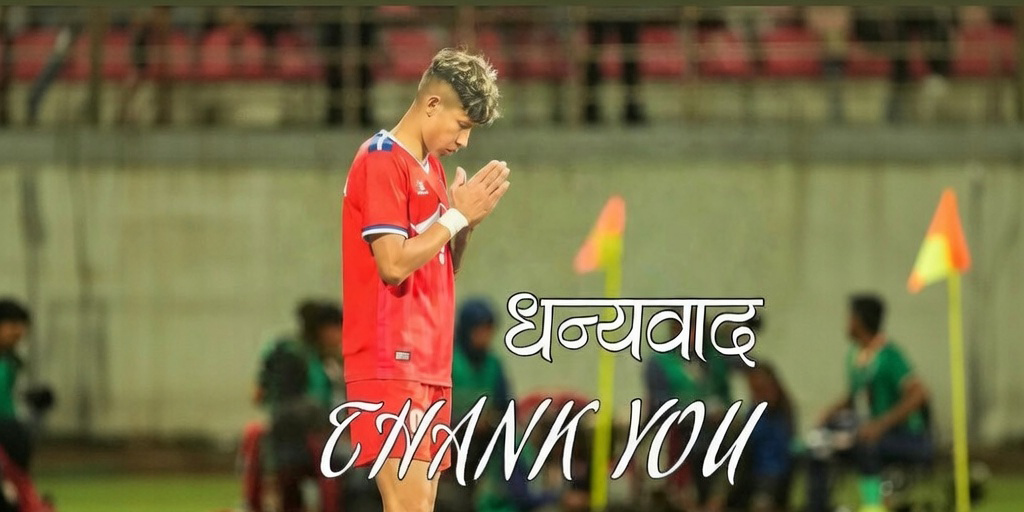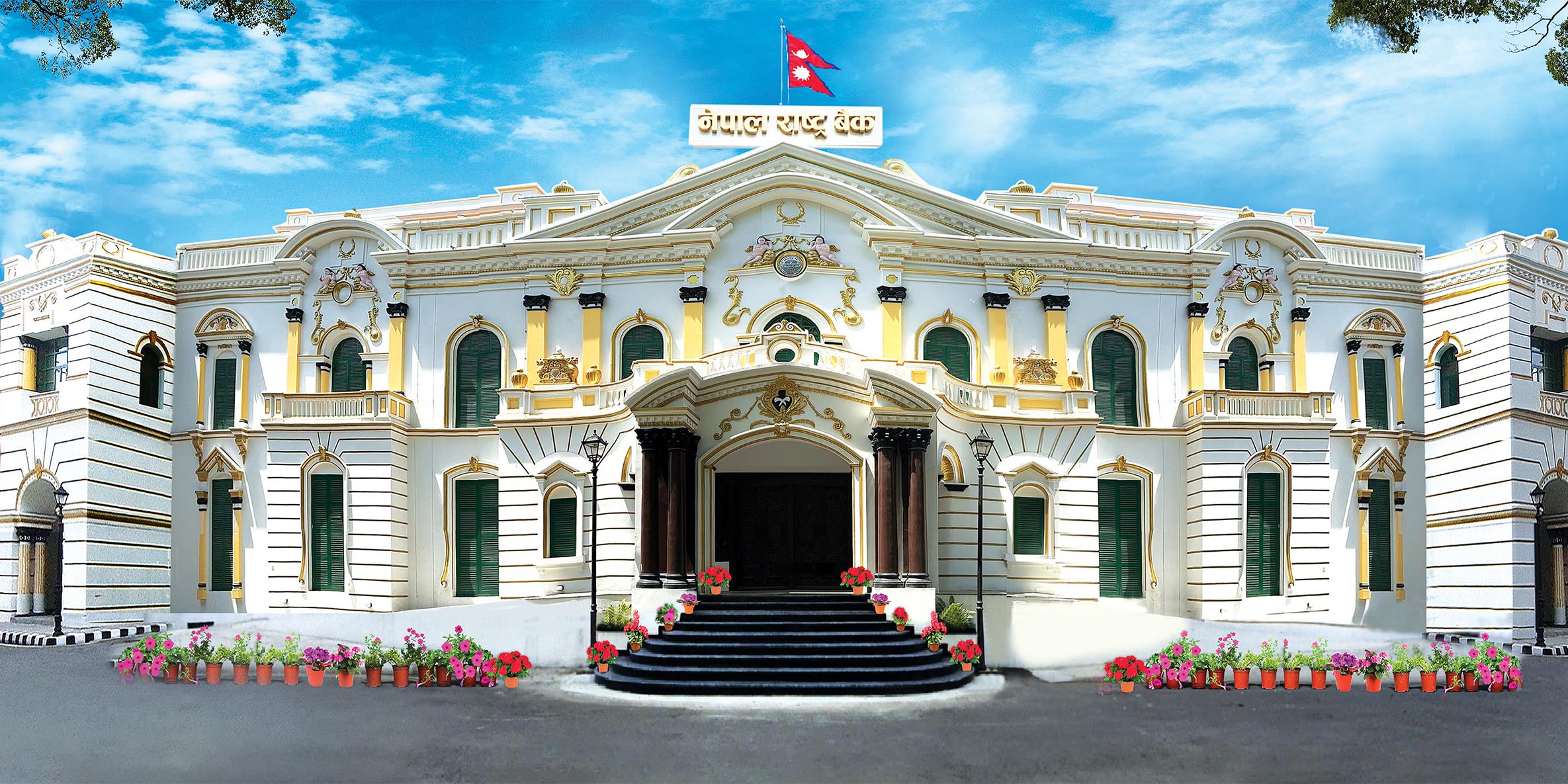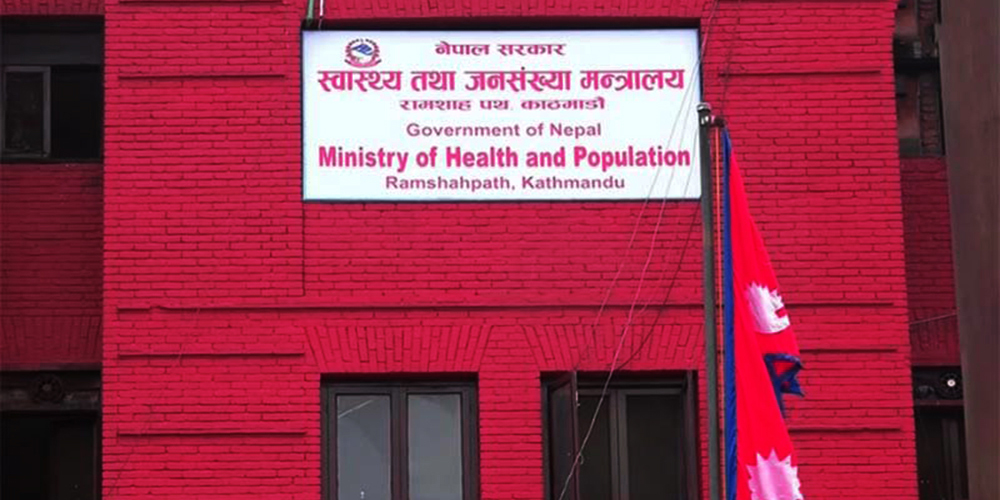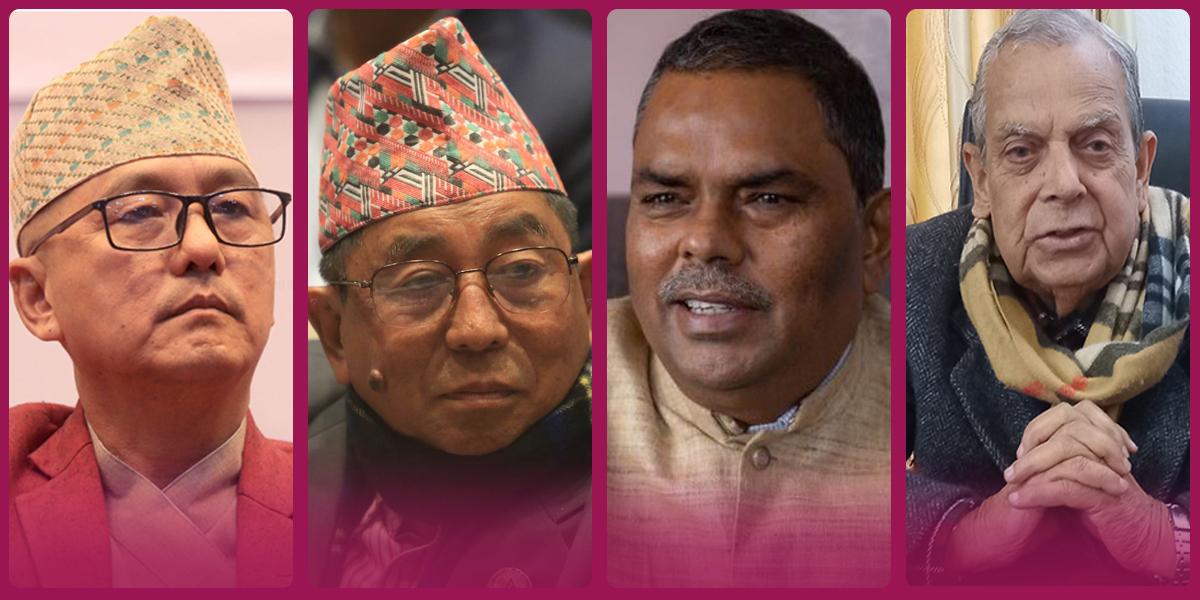
KATHMANDU: The political landscape has shifted in a new direction after Nepali Congress (NC) and CPN-UML signed an agreement last week to form a new coalition government.
Although details of the agreement have not come out, smaller parties in the House of Representatives have welcomed the agreement and are eager to join the government. Parties like Rastriya Prajatantra Party (RPP), Janata Samajbadi Party, Nepal (JSP Nepal), Janata Samajbadi Party (JSP), and Nagarik Unmukti Party have shown interest in joining the government.
JSP has quit the Pushpa Kamal Dahal-led government after NC and UML announced the agreement to form a new government.
RPP immediately welcomed the decision of the two largest parties in the House of Representatives to amend the constitution. RPP Chairperson Rajendra Lingden called a meeting of office-bearers as soon as he heard about the agreement. Party officials, however, seem dissatisfied with Lingden’s statement.
“While the two parties have not made the draft of their agreement public, our chairperson has already welcomed it,” an RPP leader said. “His statement may have been motivated by his desire to join the new government.”
JSP Nepal announced last Tuesday that they were ready to join the NC-UML coalition. JSP Nepal leader Manish Suman told the media that the NC-UML was a step in the right direction.
Loktantrik Samajwadi Party (LSP) has also stated that it would join the government. A meeting of the office-bearers of the party has formally decided to join the government.
Rastriya Swatantra Party (RSP) and CPN (Unified Socialist) have hinted that they will not join the new government. Rastriya Janamorcha Nepal and Nepal Workers and Peasants Party are generally on the opposition benches regardless of which party forms the government.
Although NC and UML enjoy a comfortable majority in parliament, fringe parties are saying that the two parties would need their support as they do not have a two-thirds majority needed to amend the constitution.
Many smaller parties do not even want to know the letter and content of the agreement between NC and UML. “There is no reason to doubt when two large parties are saying something. They have already made their decision,” RPP Chairperson Lingden said.
This government will stay until at least July 12 when Prime Minister Pushpa Kamal Dahal is scheduled to undergo a floor test. Leaders of fringe parties say Dahal’s government will fail since it is already in the minority.
CPN (Maoist Center) lawmaker Madhav Sapkota, however, said they would make all possible efforts to secure a majority. “The government will seek a vote of confidence as required by the constitution,” he added.
Even after this government falls, it will take a few more days for the new government to form. However, some small parties are already selecting leaders to join the new government.
A UML leader said the plan is to include only RPP and LSP in the government in the first phase. According to the leader, NC President Sher Bahadur Deuba has requested LSP to join the government. “The two parties, however, have not made any formal request with the RPP yet,” he added.
The two parties haven’t held any discussion with other smaller parties. However, Suman of JSP Nepal said they can support the government on the condition of amending the constitution.
A source in UML said the party hasn’t requested JSP Nepal to join the government. The two parties are in favor of including Janamat Party in the government instead.
Satish Kumar Singh of Janamat Party secured a vote of confidence in the Madhesh Province Assembly on Saturday with the support of NC and UML. “We will join the government. We only need to make a formal decision,” Janamat Party Spokesperson Dr. Sharad Singh Yadav said.
Nagarik Unmukti Party has also said that it would join the government. After meeting NC President Deuba, Nagarik Unmukti’s Founding Chairperson Resham Lal Chaudhary said his party will join the government.
Political analyst Surendra Labh Karna said fringe parties are eager to join the government as they believe people will only trust them if they are in power. “The aspect of economic benefit is also there,” Karna said. “It seems that small parties are just going with the flow.”
Another analyst, Dr. Rajesh Ahiraj, claims small parties lack political line, grounds, and ideology. “These small parties only add a financial burden to the state. They serve no other purpose,” he added.

 Himal Press
Himal Press 